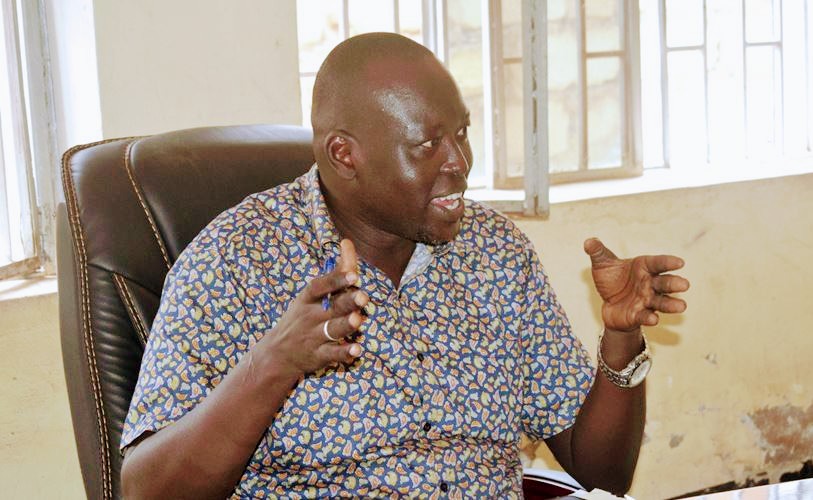
By Bida Elly David
Central Equatoria State Chamber of Commerce is pleading to form business cooperative units to mitigate the on-going economic recession.
The head of Central Equatoria State (CES) chamber of commerce, Robert Pitia statement follows six months inflation situation, where commodity values and prices have been skyrocketing.
Over the past six months now, market economy has not witnessed any positive changes despite several trials made by many fiscal and financial entities to bring it into equilibrium stage as it used to be formerly.
And the head of chamber in CES said it leave the poor in a desperate situation, hence resort to substitute goods.
The Central Bank has been auctioning millions of dollars to both commercial and forex bureaus as a mechanism to stabilize the foreign exchange rate and the commodity prices but the move has passively not been helping towards transforming the money market in relation to market equilibrium set-up.
Prices of complementary and substitute goods kept increasing although citizens reverted into opportunity cost being an alternative to forego the essentials but still the substitute goods seemed to have not changed leaving them in high starvation.
Speaking to No.1Citzen Daily Newspaper yesterday, Robert Pitiya, the chairperson of Central Equatoria State Chamber of Commerce said creation of business cooperative unit as a value-added option can bring partial remedy to the current inflation.
He said the cooperative units should be created in residential areas, and managed by government through private sectors.
“The only solution to help our people in the State is by introducing cooperative business centers which will be in residential areas being managed by the government through the private sectors to provide cheaper services to the citizens through tax exemption,” Pitia said.
He further manifested series of trials that the chambers carried out to balance the market through the financial institutions and traders but things remained stagnant.
“We have been trying at our level to manage the market through our traders whom we have talked to severally but their complaints remain less transformative. I am urging the governments both at the national and the state level to create cooperative units that will sell goods at cheaper prices to the citizens as a way to fight inflation,” he said.
He said the 100$ has risen to 58,000 South Sudanese Pound, and has affected fuel prices which is at 950 South Sudanese pounds per liter hence making public transport costly.
“Now, 100$ changes 58,000 South Sudanese Pounds shooting the price of fuel to 950 SSP per liter which has immediately affected transportation costs and prices of food items in the market,” Mr. Pitia said.
Meanwhile, Regina Kaku, a final consumer who do purchases food items at Jebel Market complained to No.1.Citizen Daily Newspaper that, a bag of 50Kg maize flour has increased to 26,000 SSP and cooking oil skyrocketed to 28,000 SSP respectively, leaving them with no option but to buy.



